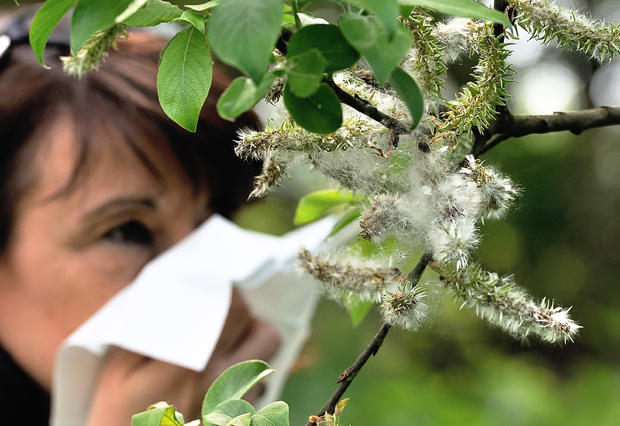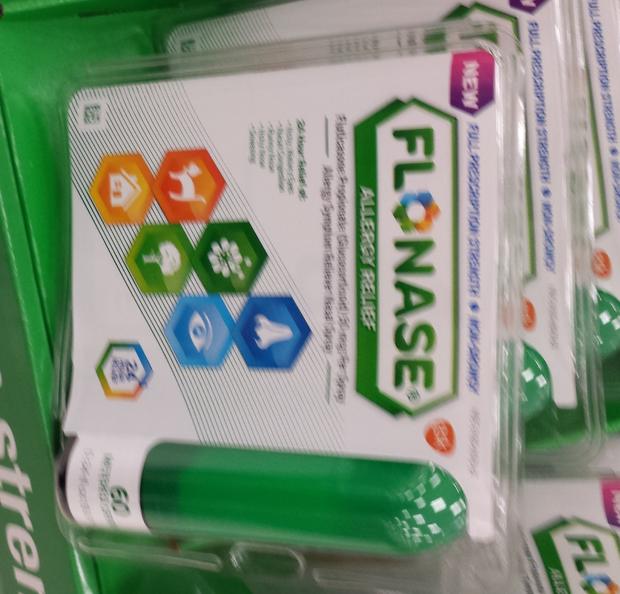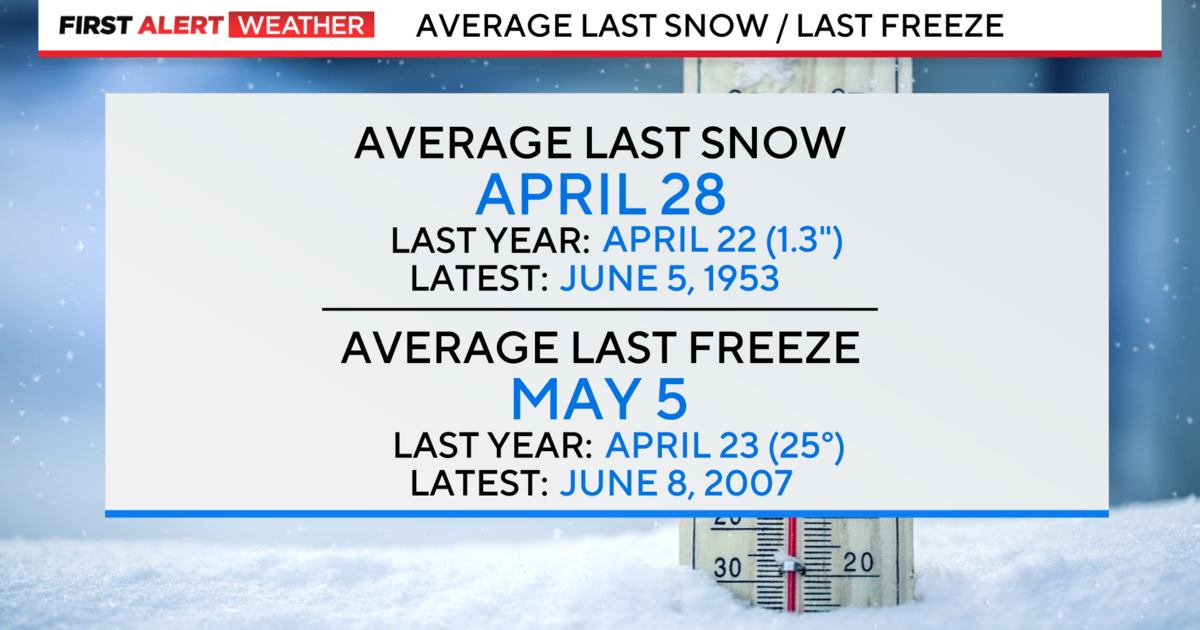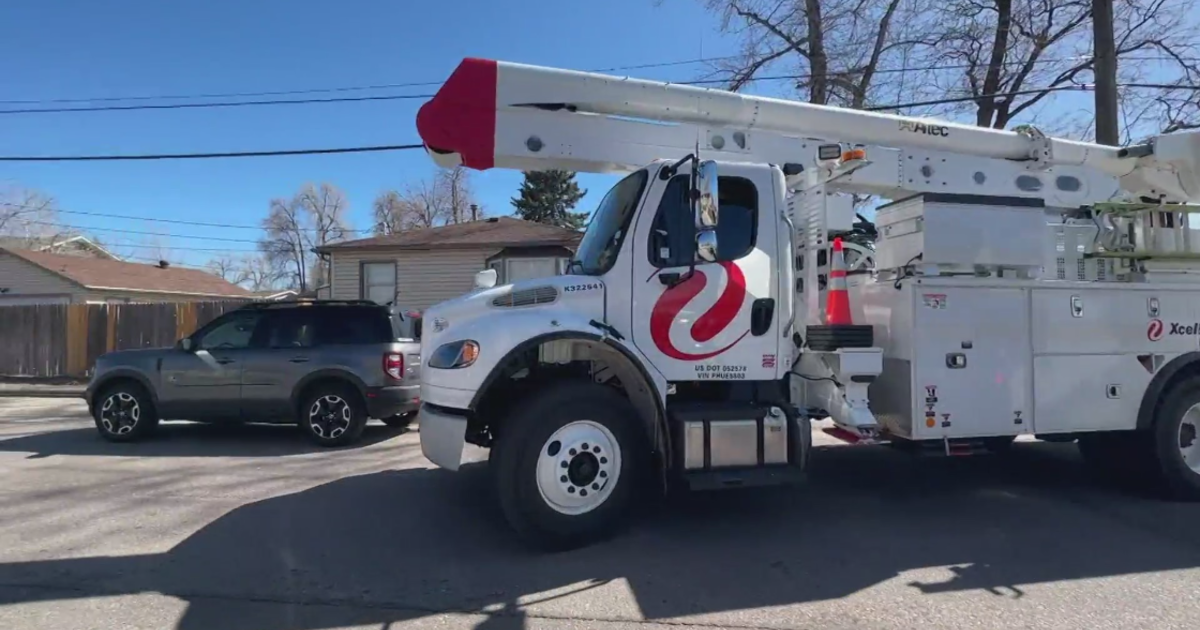What Do Specialists Recommend For Your Allergic Misery?
(CBS4) -What's your best go-to when springtime allergies rear their ugly pollens? For many of us, the first thing that comes to mind is an antihistamine, something along the lines of, say, Zyrtec or Claritin.
But new research in the Journal of Allergy and Immunology says think of your nose first, as in the form of an over-the-counter nasal steroid spray, such of Flonase, Nasacort, or Rhinocort.
The reason: the local effects of hitting the clogged up nostrils with a steroid nasal spray seems to be more effective than an oral antihistamine, without the side effects.
An added benefit may be getting some relief from "non allergic" rhinitis, meaning you get itching, runny, and sneezy nose not caused by pollens, but instead by the environment—including dust, wind, perfumes/fragrances, as well as our notorious Denver dryness.
Now that's not to say these steroid nasal sprays are perfect for everyone. They do have their good and not-so-good properties.
The good include:
- Only need to be used once a day in most cases.
- You can use them even if you have high blood pressure (a problem with decongestants that can be found in some antihistamine products).
- Non addictive -- you can use them through an entire allergy season. The other nasal sprays such as Afrin are really only supposed to be used for a max of three-four days because of the risk dependence.
- Non-drowsy -- and really don't go into bloodstream like a pill does. That makes them less risky than oral steroids
- You don't generally get used to them. One problem with antihistamines for some people is that after a few weeks, they just don't work like they used to.
Now the not-so good:
- They don't work right away – they can take several days to really kick in.
- Some people say the sprays really make the inside of their noses raw.
- You shouldn't use them if you have glaucoma or cataracts.
- Then there is the expense -- $20-plus for a month's worth -- but here you've got to do the math on co-pays, time at the doctor's for a prescription for the same medicine. It's your call.
- And they are considered safe in children 2 and older (but I think if I was using them in my child for a period of time, I'd have the doctor check things out occasionally.)
So think about giving these a shot (or spray) if you've got some springtime—or anytime—stuffiness, runniness, or sneeziness.
If they don't do the trick, you can also add on the oral antihistamine products.
And if that doesn't work, well, it's time to chat with your doctor—which you may want to do anyway of you are using any products for months at a time, even something that's over-the-counter.
More information
Learn more about seasonal allergies and medications to treat them from the American Academy of Allergy, Asthma and Immunology.
Dr. Dave Hnida is CBS4's Medical Editor. He blogs about the latest studies and trends in the health world. Read his latest blog entries, check out his bio or follow him on Twitter @drdavehnida





